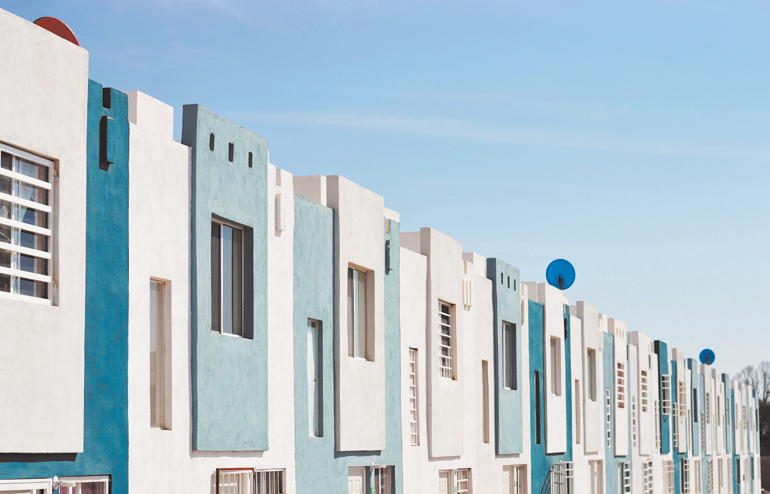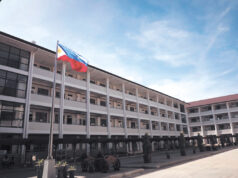Addressing sustainable housing in the country

As the Philippines aims to continue its growth narrative, significant attention must be placed on the ever-growing housing crisis. According to the Department of Human Settlements and Urban Development (DHSUD), housing backlogs could reach the 10-million mark by the end of President Ferdinand Marcos, Jr.’s term.
“Adequate housing means more than a roof over one’s head. It also means adequate privacy; adequate space; physical accessibility; adequate security; security of tenure; structural stability and durability; adequate lighting, heating and ventilation; adequate basic infrastructure, such as water-supply, sanitation and waste management facilities; suitable environmental quality and health-related factors; and adequate and accessible location with regard to work and basic facilities: all of which should be available at an affordable cost,” the United Nations Human Settlements Programme said.
Housing is an integral part of the 2030 Agenda for Sustainable Development, as it embraces core principles, including universality (it applies to all countries and considers all people despite their status and location), interconnectedness and indivisibility (it needs to be implemented as a whole), inclusiveness (every contribution is valid), and multistakeholder partnerships (to support implementation).
“The effects of change are, as ever, felt most strongly in cities and urban areas. This was underlined by COVID-19 which laid bare the economic and social vulnerability of our urban way of life. Sustainable urban development has therefore never been more difficult and with two thirds of the world’s population expected to live in urban areas by 2050, according to the UN Department of Economic and Social Affairs, that challenge will only grow more formidable,” UN Habitat wrote in a report.
Fortunately, local government officials in the country are stepping up to support the government’s sustainable housing programs aimed at addressing this need. The country currently needs to cover a backlog of more than 6.5 million.
DHSUD Secretary Jose Rizalino Acuzar has reportedly met with Mayors Marcelino Teodoro of Marikina, Ruffy Biazon of Muntinlupa, Vico Sotto of Pasig, Jeannie Sandoval of Malabon, Dale Malapitan of Caloocan, Francis Zamora of San Juan and Imelda Calixto-Rubiano of Pasay. They had met to discuss the issue concerning a majority of the 3.7 million informal settler families (ISFs) in the country are present in the National Capital Region.
Based on DHSUD data, around 500,000 ISFs are in Metro Manila, with the families living in slums, railways, waterways, canals and other high-risk areas.
“We see the role of local government units as one of the key components to gradually address or eliminate the challenges we are facing in the housing sector. They are our allies in development,” Mr. Acuzar had said.
Most recently, President Marcos, Jr. had signed an executive order (EO) reserving idle government lands for housing projects, implementing Section 24 of Republic Act No. (RA) 11201, which mandates several government agencies to jointly identify idle state lands suitable for housing and rural development.
Under RA 11201, an inventory will be conducted by the Department of Human Settlements and Urban Development (DHSUD), Department of Agrarian Reform (DAR), Department of Agriculture (DA), Department of Environment and Natural Resources (DENR), Department of the Interior and Local Government (DILG), and the Land Registration Authority (LRA) to identify these lands, estimated to be more than 16,000 hectares, to be used for socialized housing.
Meanwhile, the DHSUD also met with local government officials in the Visayas such as Jonas Cortes of Mandaue, Alfred Romualdez of Tacloban, Albee Benitez of Bacolod and Jerry Trenas of Iloilo City to promote the housing programs.
“Major cities and provinces in the Visayas recorded a significant number of ISFs and people living in calamity-prone areas. So it is a must to also prioritize the Visayas group of islands,” Mr. Acuzar said.
“I am confident that with the help of local officials, we can transform these informal settlements into prime residential and world-class developments for the benefit of our countrymen, especially those in the low-income bracket,” Mr. Acuzar said. — Bjorn Biel M. Beltran



